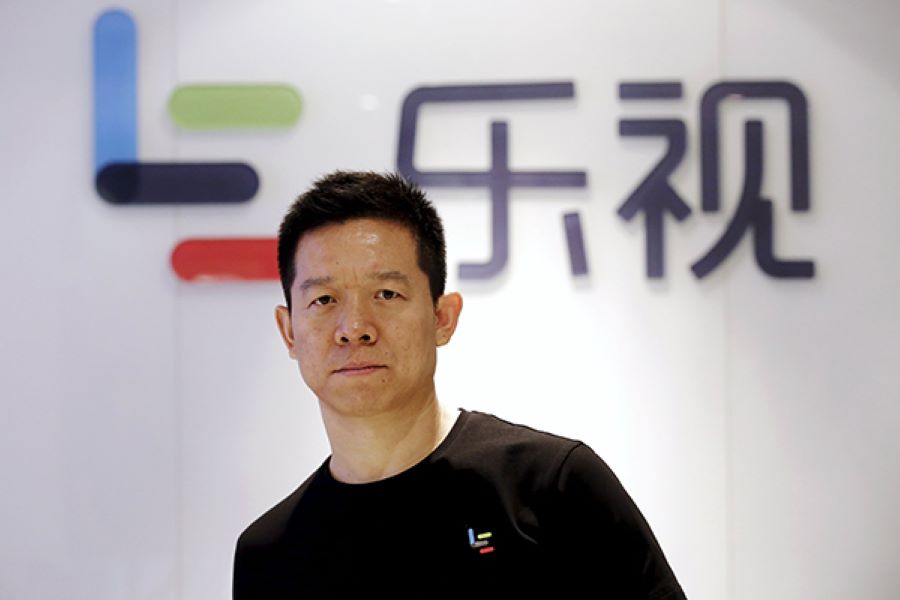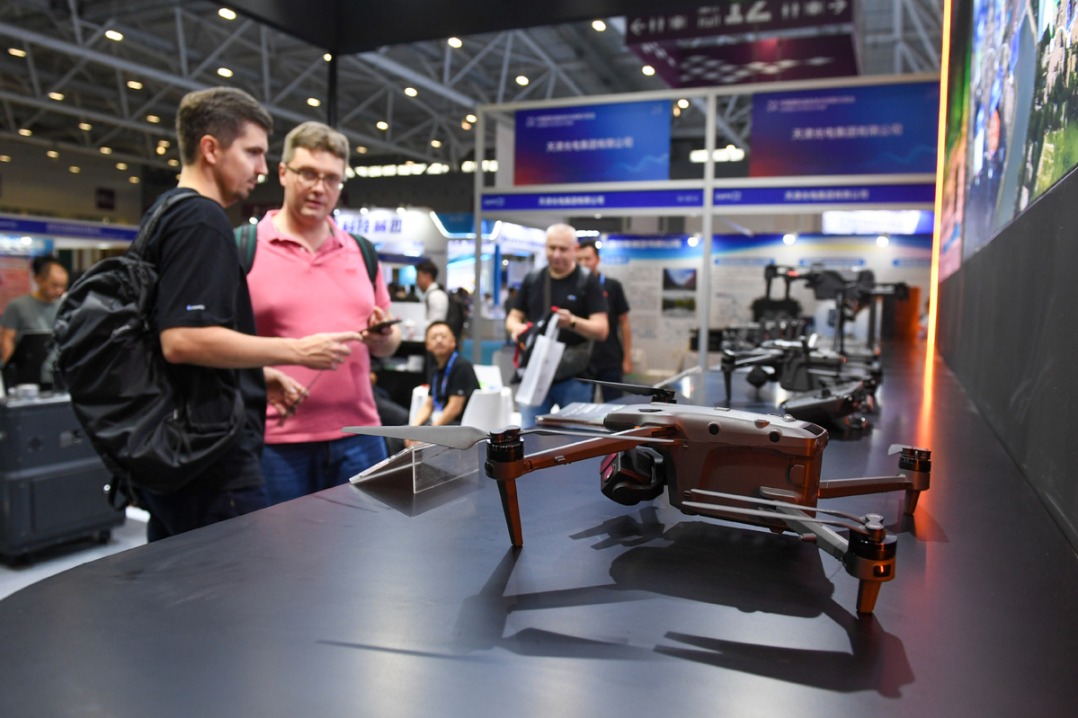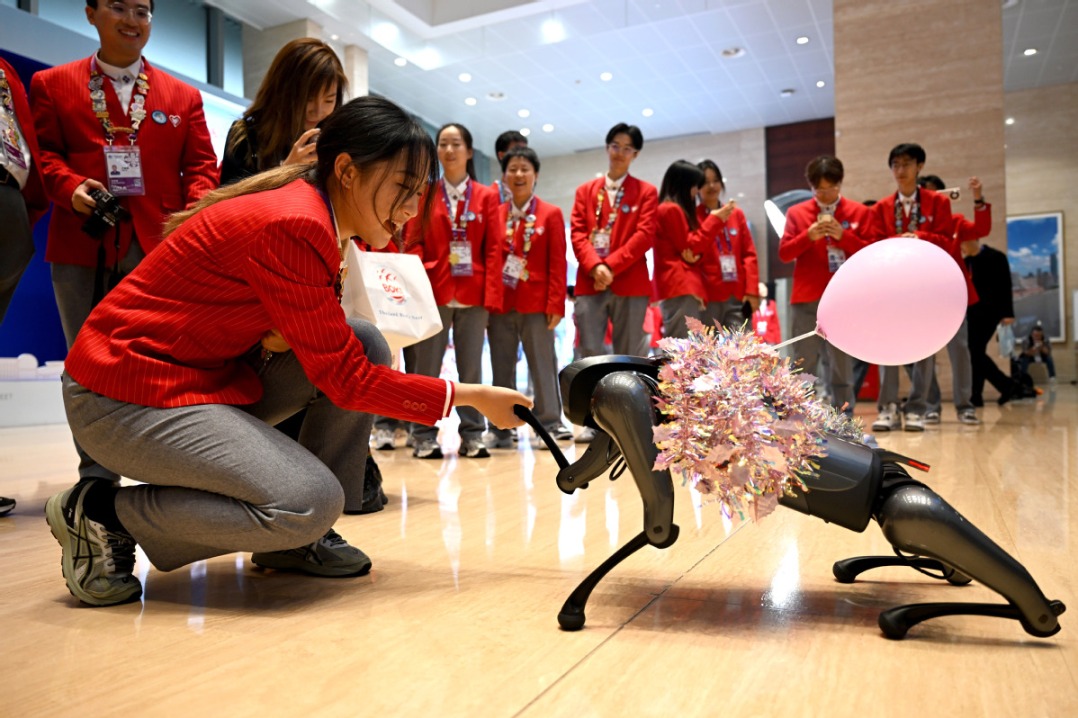LeTV delisted from stock market


LeTV was delisted from the stock market on Tuesday after the final trading day on July 20, with its share price registered at 0.18 yuan (2.58 cents) and total market value recorded at 718 million yuan, China News Service reported on Tuesday, saying the market value evaporated more than 99 percent compared with its peak market value of 170 billion yuan.
Founded in 2007 by Jia Yueting, LeTV bought a large amount of copyrights of movies and dramas at a very low price, and realized a profit from 2007 to 2009, when most video websites couldn't. In August 2010, LeTV went afloat in the A-share market, becoming the first video website listed there.
Jia's plan after the listing was to build seven ecosystems: Internet and LeTV Cloud, Content, Large Screen, Smartphone, Sports, Automobile and LeTV Finance.
The 2013 fiscal report showed LeTV sold more than 300,000 TVs in the first year its super TV was launched. In 2015, LeTV announced 3 million super TVs were sold and shipments of its super smartphone registered 4 million.
Success made the share price of the video website rise. On May 12, 2015, the share price hit its record high at 179.03 yuan.
On Dec 9, 2014, Jia Yueting said on his Weibo account that LeTV will make the best internet smart automobile.
When asked whether LeTV would be capable of meeting this goal, as auto-making is a capital-intensive endeavor, Jia insisted on his plan.
In November 2016, Jia admitted in a nonpublic letter LeTV had funding problems. In May 2017, LeTV laid off workers and was under pressure due to debt owed to suppliers. Two months later, Jia left behind LeTV's business and ran to the US in the name of helping Faraday Future complete financing — and has not come back.
Some of the country's richest individuals, financial institutes and stars as well as 280,000 investors claimed a loss because of LeTV.
YF Capital, co-founded by Jack Ma and Yu Feng, invested 68 million yuan. Wanda's Wang Jianlin and his son Wang Sicong invested 100 million yuan. SUNAC's Sun Hongbin invested 16.5 billion yuan. Evergrande's Xu Jiayin invested $800 million.
What's more, LeTV borrowed 16 billion yuan from financial institutions and 13.85 billion still remains on the loan balance sheet, including 2 billion owed to Pingan Bank, 1.75 billion yuan to China CITIC Bank, and 1.2 billion yuan to China Merchants Bank.
Those with the greater loss were 280,800 ordinary shareholders, who held 62 percent of the total shares of the companies by late December. "What they can do for now is wait," said Xu Feng, a lawyer at Trend Law Firm in Shanghai. "LeTV and Jia are under investigation by the China Securities Regulatory Commission."





































